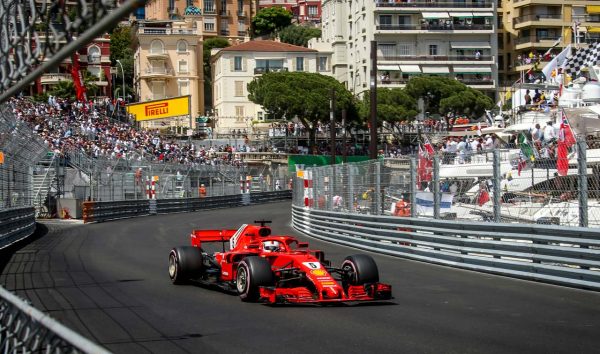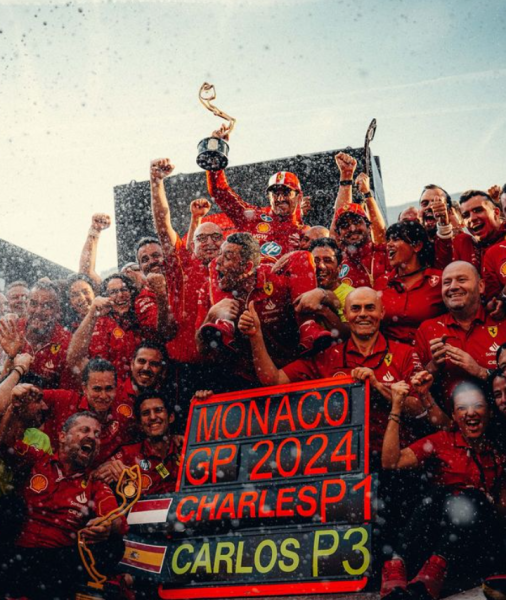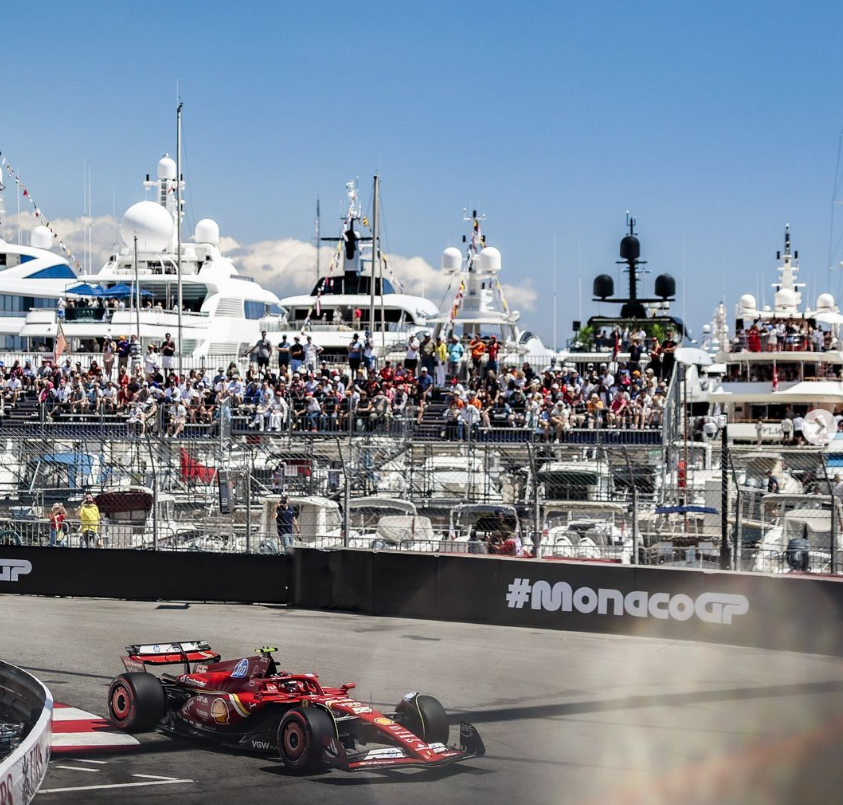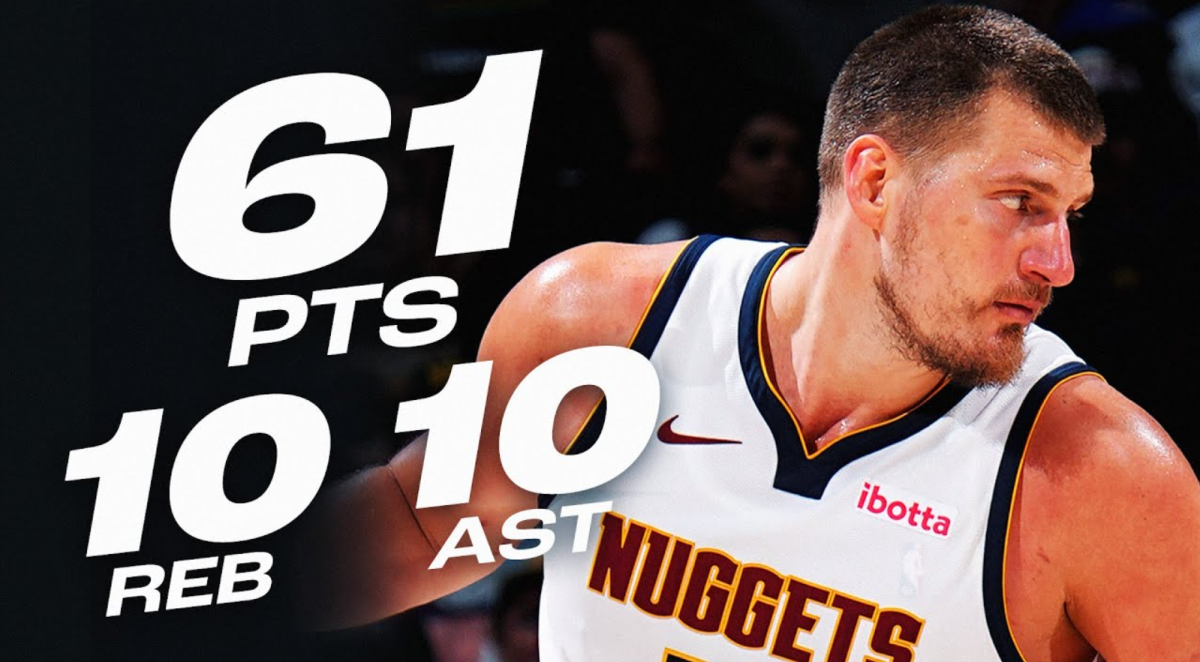An unparalleled harbor view, rich history in each corner, and a golden status as one of the most challenging tracks to drive on. These features have long been why Formula 1 fans have lauded the Monaco Grand Prix throughout the decades. Yet, despite the iconic status of the track, fans have begun to question whether it has a place in the ever-evolving sport.
The 2024 Monaco Grand Prix, held on May 26th, brought forth the first Monegasque victor of a Monaco race with Charle

s Leclerc winning his first Grand Prix since Austria 2022. While Ferrari fans and anti-Max-Verstappen advocates alike rejoiced in this victory for the fan-favorite driver, many also complained of the lack of entertainment on track. One of the biggest qualms, as stated by blogger Corwin Kunst for the GP Blog, was that there were a mere four overtakes throughout the 78-lap race. A Formula 1 fan, Amna Noor spoke of how “the way the track is makes it harder for there to be many overtakes, preventing viewers from having a typical action-packed race.”
Articles have also popped up questioning the notably short and narrow track’s relevance in an era of Formula 1 where regulations are allowing cars to be increasingly larger, thus limiting overtake opportunities. One article for Motorsport Week asked “Is it time to rethink the ‘boring’ F1 Monaco GP?” while another for ESPN asked, “Does F1 need to change up Monaco format after a dreary race?”
This disappointment is not just limited to spectators; drivers are also commenting on the nature of the track. One of Max Verstappen’s radio messages even included him exclaiming, “This is really boring, I should have brought my pillow” (Fox Sports Australia).

Another driver, on the other hand, found this year’s race to be one of the most monumental events of his life. Born and raised in Monaco and having suffered through a supposed “Monaco curse” that led to a series of unfortunate events, Charles Leclerc at last won the Monaco Grand Prix. While choking up with emotion during his post-race interview, Leclerc dedicated his win to his late father, Herve Leclerc. Many fans of the Monaco Grand Prix laud the emotion and spectacle that it presents year in and year out. The allure of the historic track makes it a dream for many young racing drivers. Noor further emphasized this aspect of the race, explaining how “these 20 drivers, who have spent their entire life trying to get into F1, who grew up wanting to race in and win the Monaco Grand Prix, deserve to continue to get a chance to race on this historic track. Drivers like Charles Leclerc hold high value in the Monaco circuit so it shouldn’t be removed from the F1 calendar.”
The historical appeal and grandeur of the track are major reasons for its current presence on the calendar. The race has been a part of the Formula 1 World Championship since its inception in 1950, according to Formula 1’s official website. Seven-time world champion Lewis Hamilton spoke of how “Monaco will always stand out on its own, and it most likely will always stand above those other spectacle ones. It will always be up there with the Silverstones, the Monzas. Those are really the crown jewel (events) of our sport, right?” (New York Times). The race is also one-third of the highly prestigious Triple Crown of races, which also consists of the Indy500 and the 24 Hours of Le Mans.
Noor encapsulated the debate in two sentences: “While many F1 fans find this race to be rather boring and uneventful, this race holds a lot of meaning and value in this sport. Monaco’s been an important race for many years and is held to such a high level by the drivers.”
Despite these debates over the track’s relevancy in the modern Formula 1 era, the track has its contract confirmed through the end of 2025 (Autoweek). Perhaps only time will tell whether the glitz and glamor of this track will be triumphant or if the complaints of the yearly “Monaco Gran Parade” will win out.























